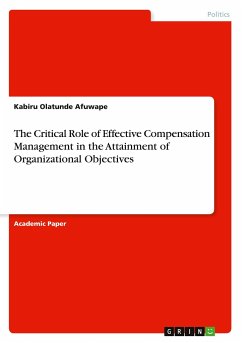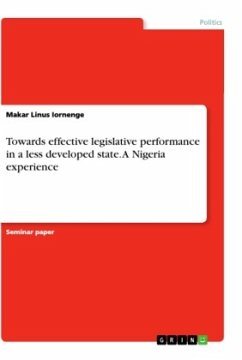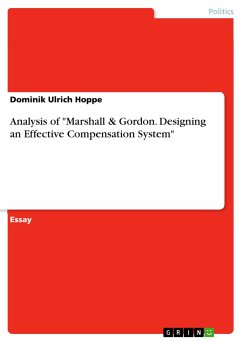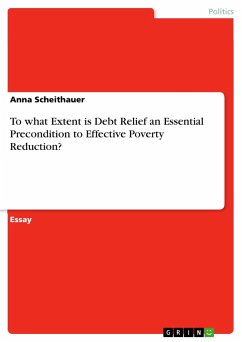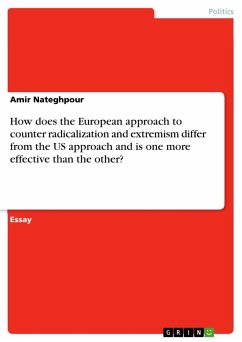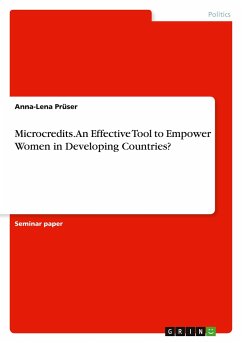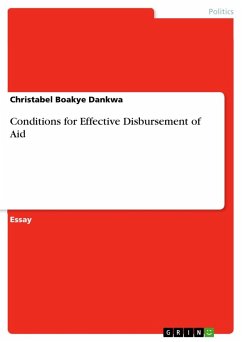Essay from the year 2002 in the subject Politics - International Politics - Region: Russia, grade: 1 (A), University of Kent (Department of Politics and International Relations), language: English, abstract: Nowadays federalism is a widely used concept for organising states around the world. Although, genuinely federal systems can only be found in a minority of states, one can observe a trend towards regionalism and local self-government in many countries. A main principle of the EU, for example, is to give the regions within its member states as much power as possible - this means government at the lowest possible level. Even traditionally unitary states like Britain now allows regional parliaments. The state as a unitary entity, although not everywhere, seems to have lost its ability to unite a country. People believe that regional problems are best dealt with at a regional level rather than from a central government.Especially states with a very large territory seem to be prone to be organised in a federal way. Here, federalism is a guarantor of stability and integration, as a large territory usually includes many different ethnic groups and regions which claim a certain amount of independence within the state. Russia would thus perfectly fit into this pattern and one could think that federalism has a long tradition. However, the history is different: the Russian Empire under the Tsars was organised centrally and although the USSR claimed to be federal, regional politics was determined by Moscow.The fall of communism was used by many Soviet republics to gain independence. Those who stayed in the Russian Federation were given at least cultural independence, but linked to loyalty to Russia. Yeltsin's 1993 Constitution was the result of long struggles and bargaining about the degree of autonomy for the republics. Finally, the word 'autonomy' was not used to describe their status but the republics were allowed to have their own constitution, national flagand president. This was then probably the highest degree of sovereignty, the republics have had for the last 100 years.Before engaging into a discussion on the effectiveness of Russian Federalism, this paper will firstly define Federalism in general and establish what is so special about the Russian federalism. Secondly, the problems with the present system shall be mentioned and recent attempts by President Putin to solve these problems shall be looked at.
Hinweis: Dieser Artikel kann nur an eine deutsche Lieferadresse ausgeliefert werden.
Hinweis: Dieser Artikel kann nur an eine deutsche Lieferadresse ausgeliefert werden.


